Veterinary Emergency Centre
Providing top-quality pet care with preventive check-ups, diagnostics, and 24/7 emergency services. Bringing love and care to your pets.
What We Do

We offer more than 20 services from consultations and check-ups to complex surgery. Experienced and compassionate veterinarians providing comprehensive care for your furry family member.
Dental

We provide comprehensive dental care for pets, including oral examinations, cleaning, extractions and dental X‑ray diagnostics. Early treatment of gingivitis and tartar buildup helps prevent severe periodontal disease and bacterial infections, allowing your pet to regain fresh breath and a healthy smile.

What Our Customers Say
About Us
At our clinic, your pet’s well-being is our highest priority. Our skilled veterinary team is committed to delivering exceptional, compassionate care to ensure your furry companion stays happy and healthy. We understand that pets are not just animals; they’re part of your family.
5+
Years of experience
24/7
Available for emergency
1450
Happy clients served






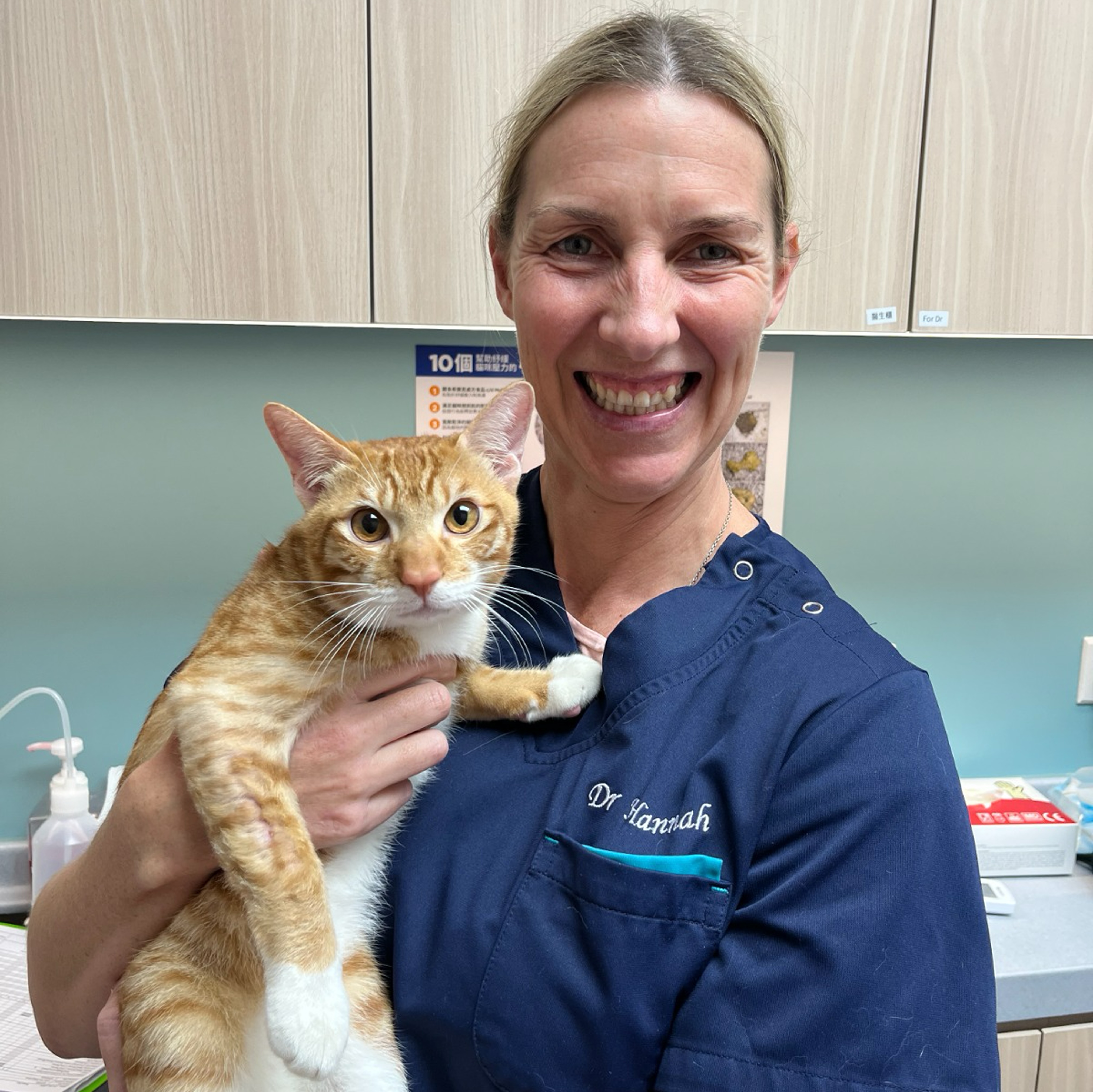
Meet Our Team

Dr. Hannah Jane Holmes
Senior Veterinary Surgeon

.avif)
Dr. Koo Siu To
Specialist in Small Animal Internal Medicine

.avif)
Dr. Teagan Summer Rainford
Emergency Veterinarian

.jpg)
Dr. Jenny Lee
Veterinarian

.JPG)
Dr. Siu Sun Wang, Ray
Veterinarian


Dr. Lee Jia Yan, Nicole
Emergency Veterinarian

Contact Us
Working Hours
Monday - Sunday
24 hours a day

Location
Shop B2 & C, G/F., Luen Wai Apartments, No. 136-142 Belcher's Street, Kennedy Town, Hong Kong.
Parking
(1) Kennedy Town Carpark at Rock Hill Street
(2) Parking meters at New Praya
(2) Parking meters at New Praya








.jpg)


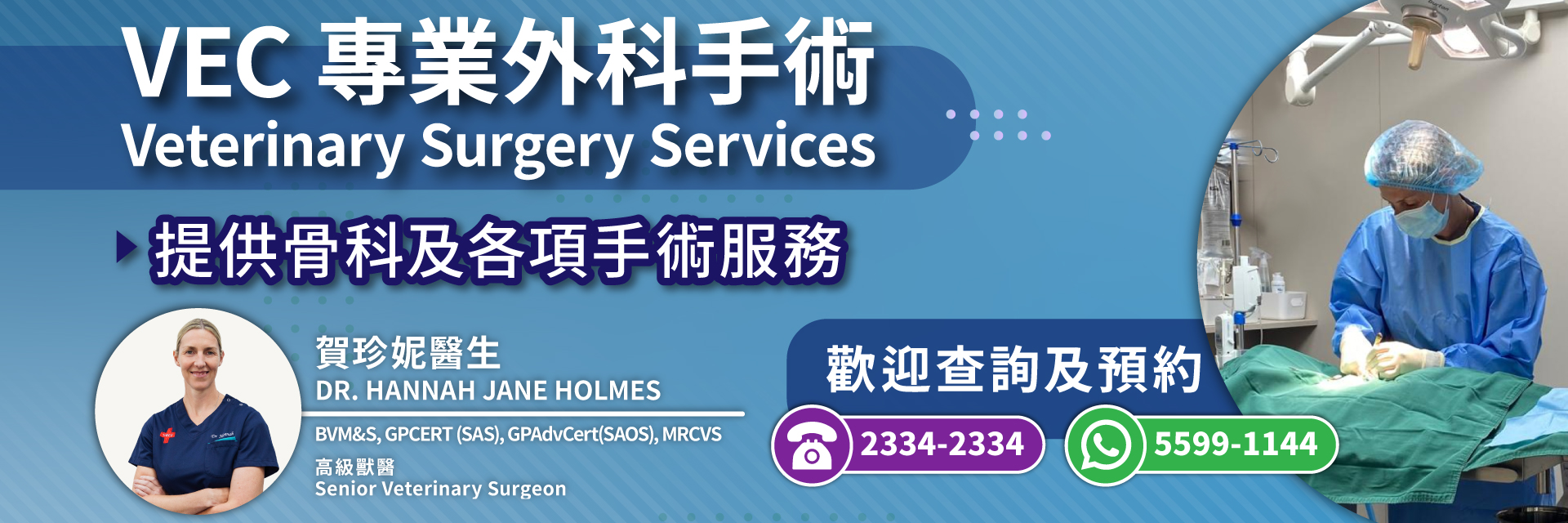
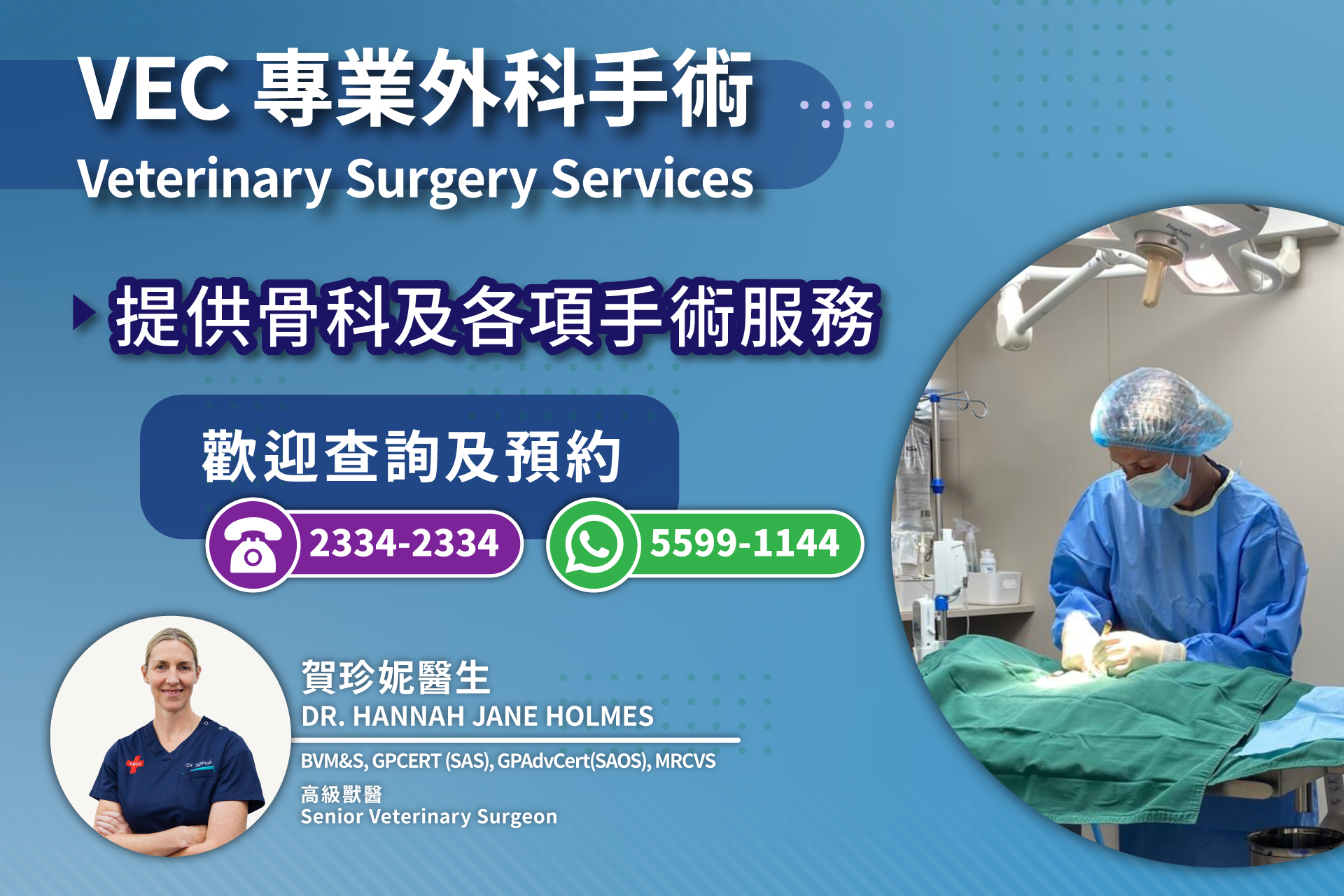





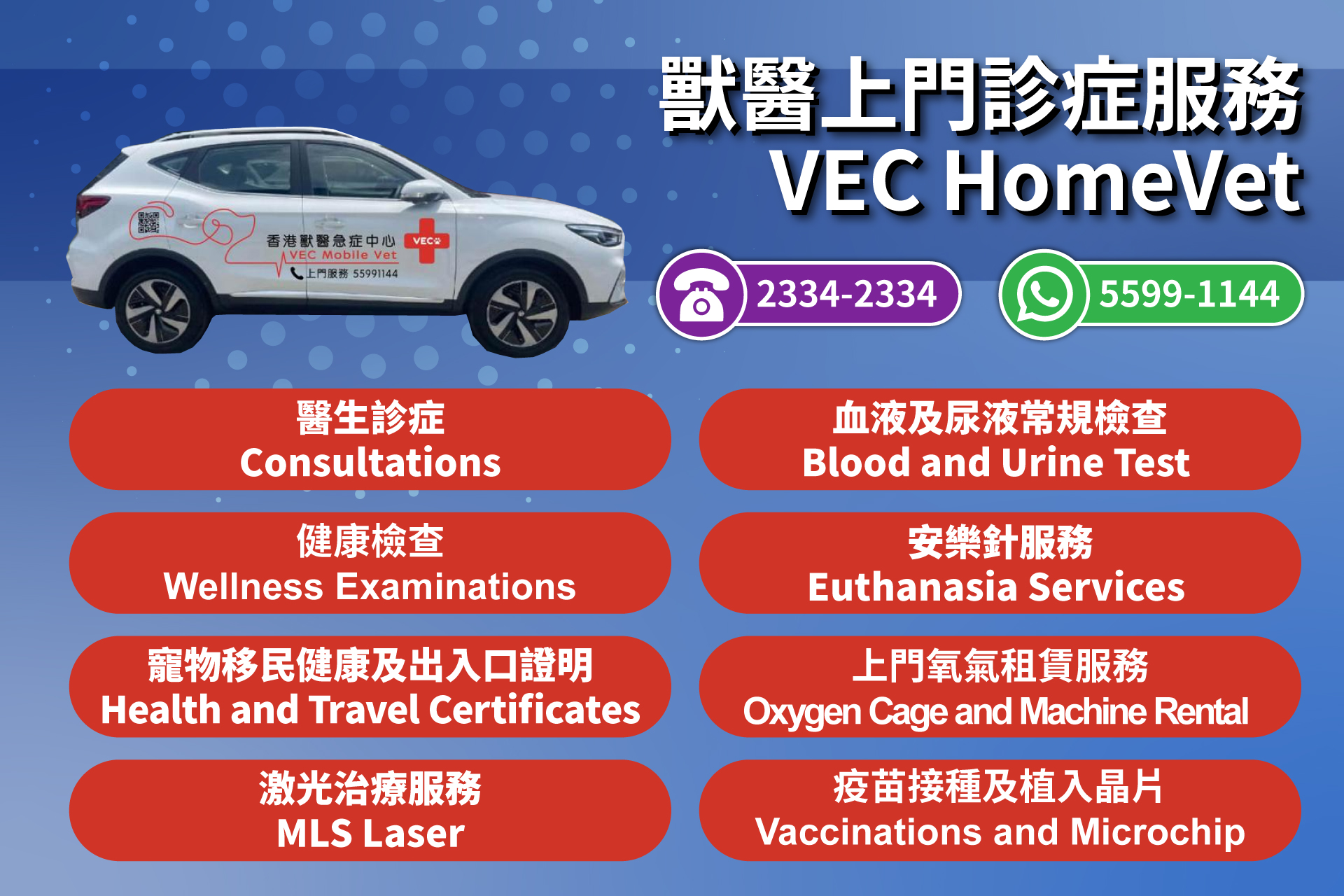

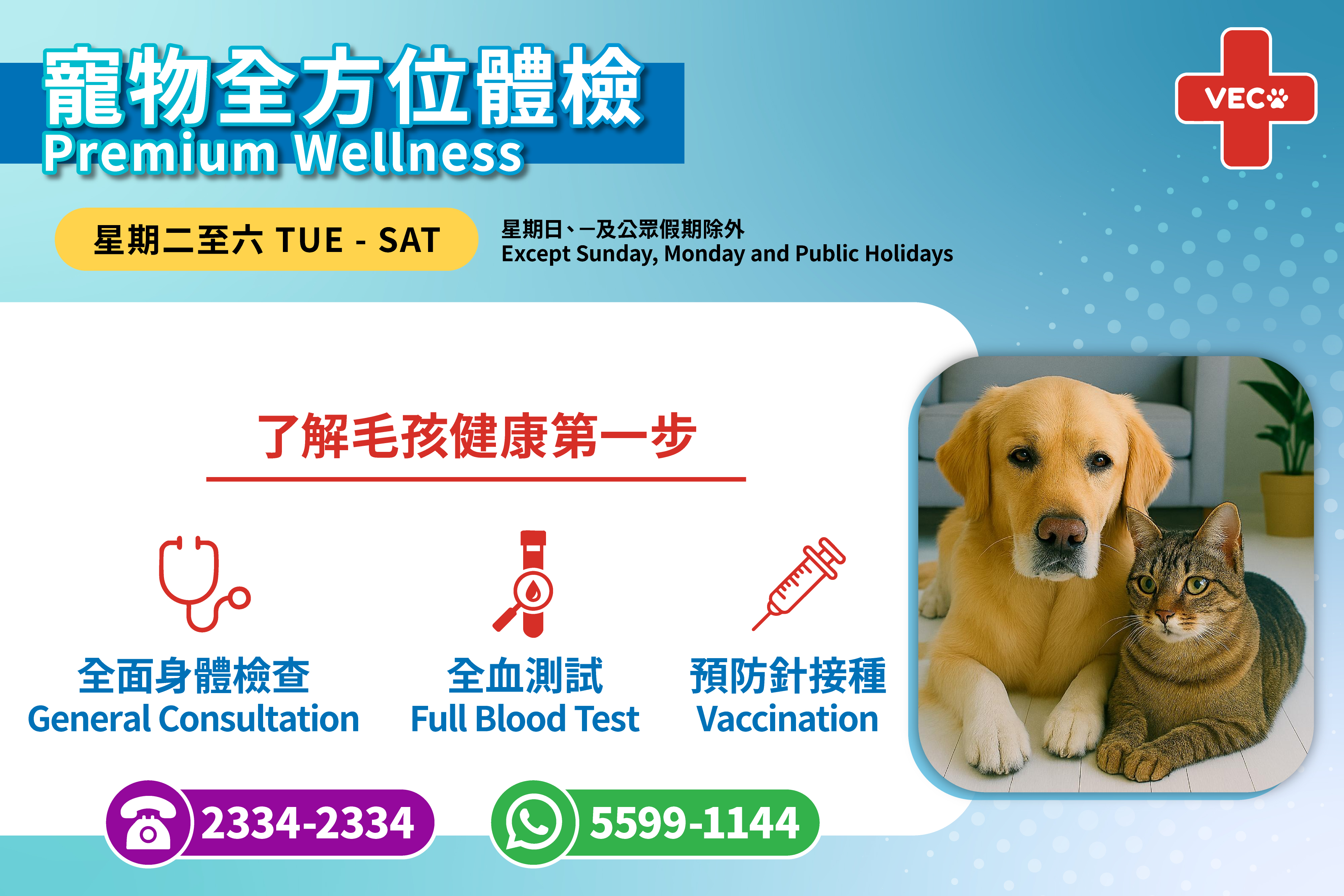













.png)
.png)
.png)
.png)
.png)
.png)
.avif)









